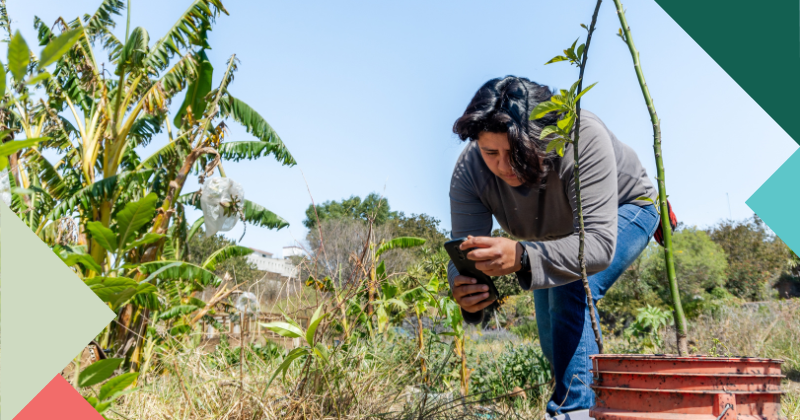The UK government’s Integrated Review Refresh made clear that:
“The UK’s first thematic priority remains tackling climate change, environmental damage and biodiversity loss, given the urgency of making progress before 2030”
Building on this, and the UK’s International Development Strategy, the UK’s Department of the Environment, Farming & Rural Affairs (Defra) has set out a strategic framework for 2030 to:
- Keep 1.5°C alive by halving global emissions
- Build resilience to current and future climate impacts
- Halt and reverse biodiversity loss
To deliver on these ambitions, Defra has built a portfolio of international development assistance programmes that tackle climate change, biodiversity (terrestrial and marine), food security, global health and poverty.
Our role
Monitoring, evaluation and learning (MEL) has an important role to play in maximising the effectiveness of Defra’s international programming by:
- Accounting for and measuring its impact
- Providing evidence to improve programme delivery
- Informing its strategic direction and coherence
Defra has selected a consortium co-led by Itad and Oxford Policy Management to be its strategic delivery partner for MEL on its international programming. Under this contract, we will be the primary supplier for a wide range of MEL services to Defra, including:
- MEL framework development and evaluation design.
- Process, impact and value for money evaluations of Defra-funded programmes.
- Cross-cutting evaluations of particular themes of interest across Defra’s international portfolio.
- Wider evidence generation and support to strategic learning.
Our methods and approaches
We are working in consortium with the International Institute for Environment and Development (IIED), the Centre for Inclusive Trade Policy (CITP), Howell Marine Consulting and Resource Futures. This is bolstered by a wider network of thematic, methodological and regional partners that will enable us to provide tailored teams to meet the needs of a wide range of assignments.


